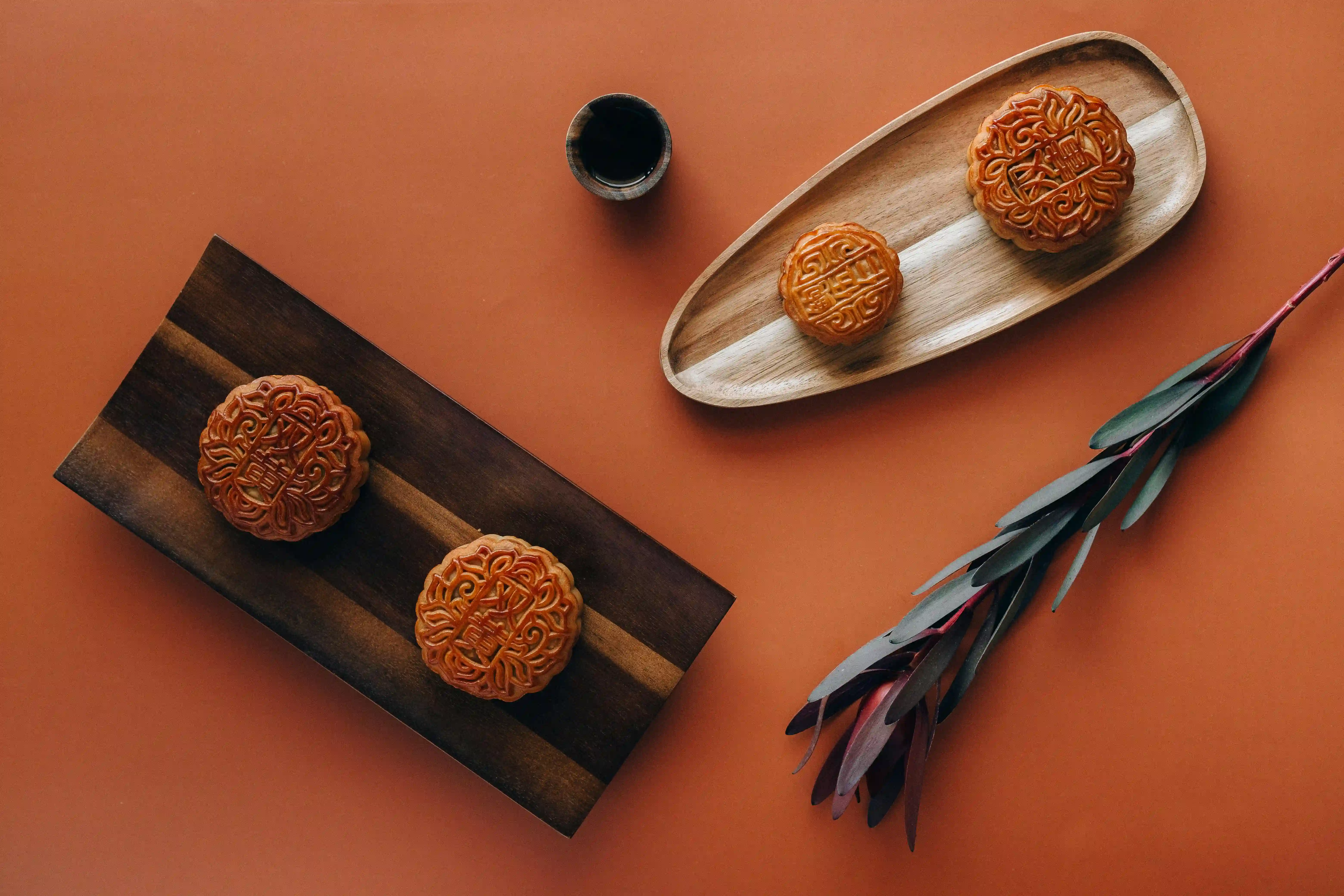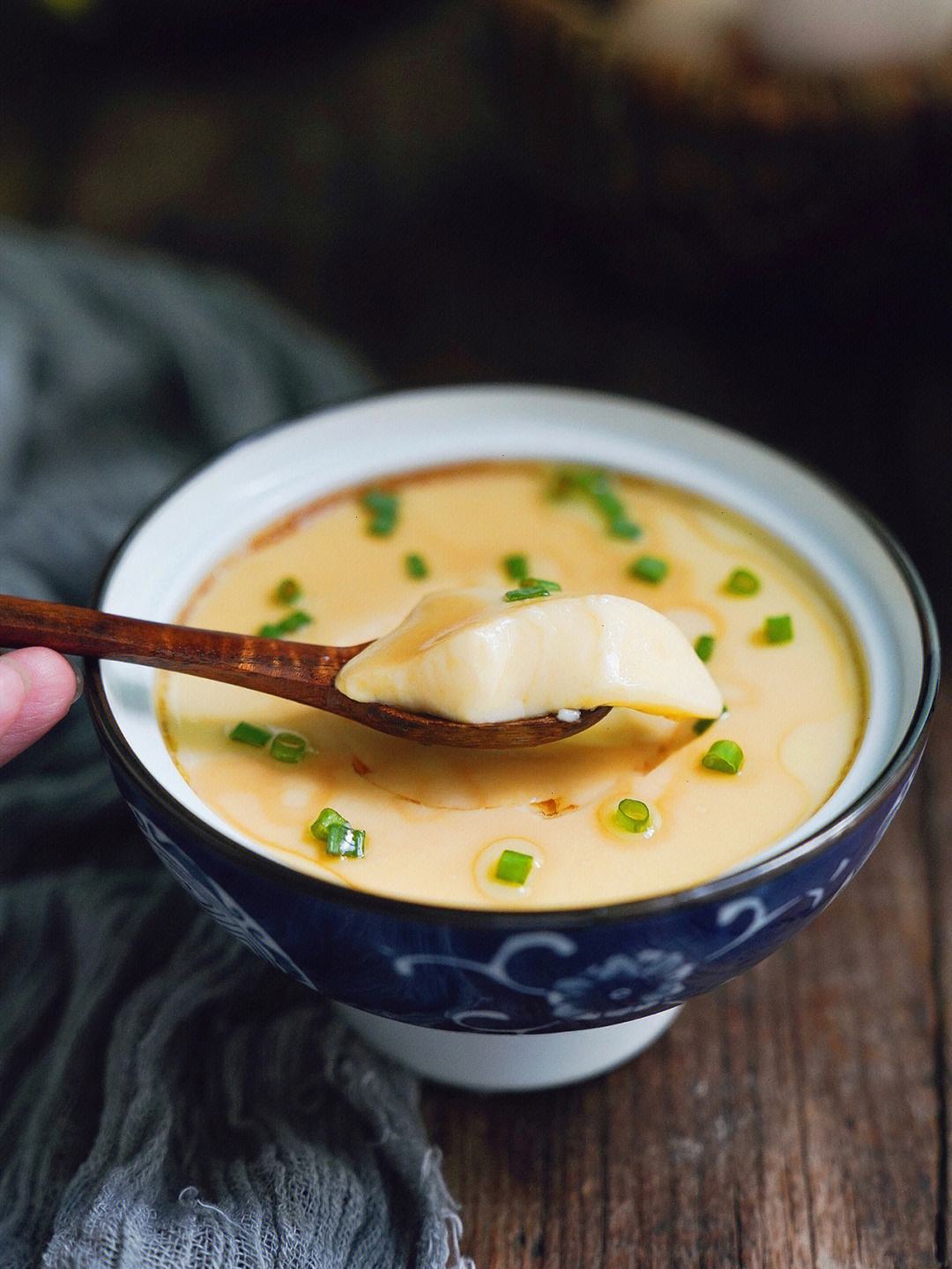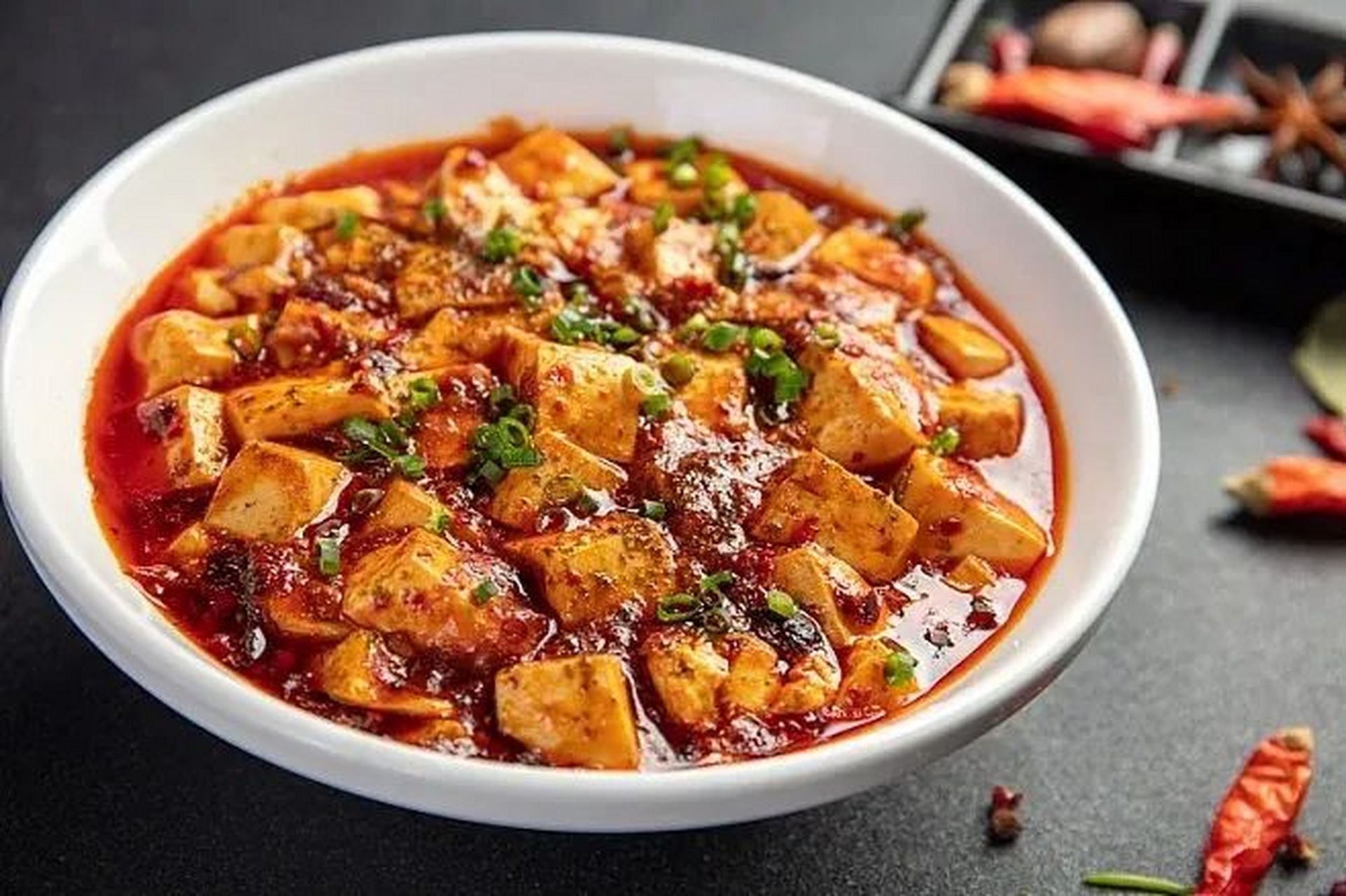Mooncakes (月饼, Yuè Bing) are more than just a festive delicacy; they embody centuries of Chinese culture and tradition. These rich pastries, traditionally enjoyed during the Mid-Autumn Festival, tell stories of family reunions, ancient legends, and cultural preservation.
Historical Significance
The Mid-Autumn Festival tradition dates back over 3,000 years to the Shang Dynasty. However, mooncakes gained their revolutionary significance during the Yuan Dynasty (1271-1368), when they were allegedly used to hide secret messages that helped overthrow Mongol rule.
Cultural Symbolism
The Shape and Design
- Round shape represents completeness and reunion
- Intricate patterns tell stories and convey blessings
- Traditional characters express good wishes
Regional Variations
- Cantonese Style
- Thick crust
- Rich fillings like lotus seed paste
- Often contains salted egg yolks
- Suzhou Style
- Flaky, layered crust
- Sweet or savory fillings
- Known for their delicate texture
- Beijing Style
- Dense, chewy texture
- Traditional red bean or jujube paste
- Ornate designs on top
Modern Evolution
Today’s mooncakes have evolved to include:
- Contemporary flavors (chocolate, ice cream)
- Healthy alternatives (low sugar, vegetarian)
- Luxury gift packaging
- Fusion creations
Cultural Practices
Gifting Tradition
- Symbol of respect and gratitude
- Important in business relationships
- Family sharing ritual
Festival Customs
- Family gatherings
- Moon viewing
- Sharing mooncakes while telling stories
“Each bite of a mooncake carries the weight of tradition and the sweetness of family reunion.”
Making Mooncakes Today
While traditional mooncakes require considerable skill to make, many families now participate in:
- Mooncake-making workshops
- Modern interpretation classes
- Home baking with simplified recipes
The evolution of mooncakes reflects China’s changing society while maintaining its core cultural values of family unity and tradition.

 The Art of Perfect Chinese Steamed Egg Custard
The Art of Perfect Chinese Steamed Egg Custard